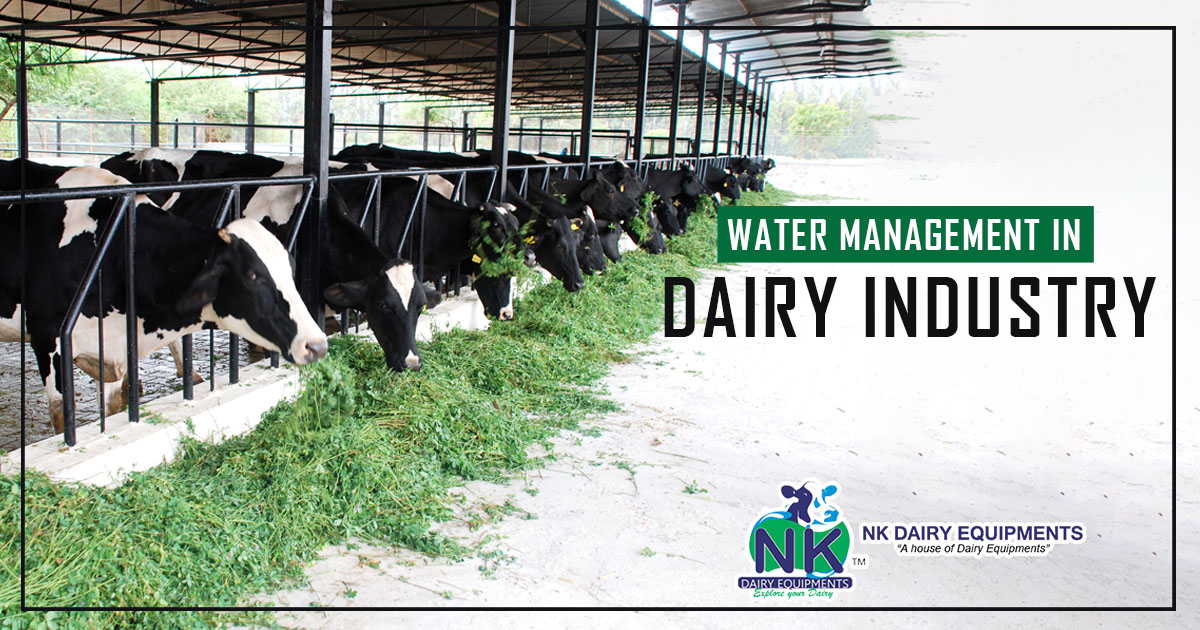For the business, it is extremely essential to make sure every step is done in the right order. It is essential to manage the water and make sure every area has enough water flow. In the dairy industry, it is extremely essential to follow water management. In this guide, we are going to mention water management.
Introduction
The dairy plants all over the world use water daily. The water is evaporated which is around 20 lakh liters every day. In dairy plants, every day the water is used for different processes. It is important to follow the right water management practices in dairy processing.
The dairy processors need to conserve water necessities and reduce the water consumption or choose the method of recycling water without compromising with the product quality and hygiene factor. You need to choose the best dairy machinery which helps you to manage the entire process in the right manner.
Water use in different Dairy sectors
- For the food preparation, cleaning purpose, and other technical issues water is used. It includes cleaning equipment, dissolution of ingredients, product transportation, and water present in the final product. The process of water needs to meet the quality of drinking water.
- Cooling water is used to remove the heat from products and streams. It is essential to cool milk at the right temperature.
- For stream production, boiler feed water is used. The main requirements are low air, hardness, and carbon dioxide content.
What about the water wastage control?
For the effective water control program, it is important to have the right water metering facilities. This should be around a meter at each entry point. Investing in such meters is great for the dairy business. Some of the ways, in which water wastage can be reduced:
Manual cleaning:
- Where possible, check the cleaning practices and choose the dry cleaning method.
- To clean the surface you should use the high-pressure low volume cleaners
- Use automatic shut-off nozzles on all water hoses.
- Before you clean them, make sure to soak all the equipment and tools.
- Avoid using water hoses as brooms
CIP systems
- Reuse CIP solutions correctly
- Reuse final rinse water as pre-rinse for the next CIP cycle.
- For efficient CIP operation, Review regularly timers and settings
Processing
- Optimize process schedules like preventing pasteurizers for water circulation and it reduces the wastage.
- To reduce cleaning frequency use continuous processes
- Recirculation of pump sealing water and homogenizer
If the water is reused then it needs to be safe and it should not compromise with the product quality. Any containment in the product will affect the consumer’s health. Make sure, everything is monitored and tested continuously to ensure product quality is the best. If you are looking for quality machinery then contact our team for detailed information.




